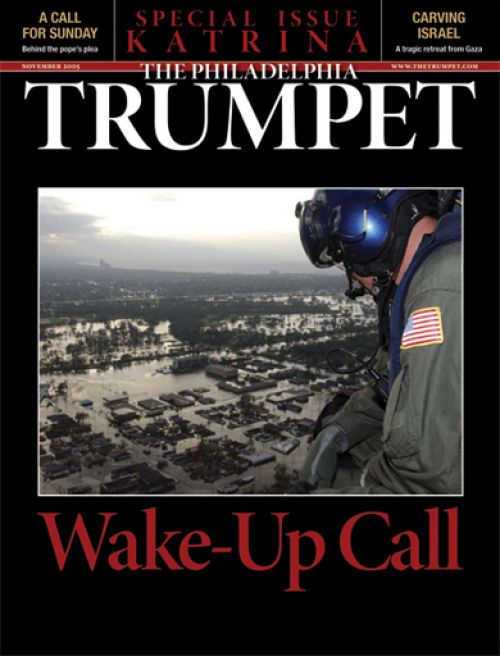Oil and the Terror Premium
Even before Hurricane Katrina, oil prices were skyrocketing. Contributing to their rise is a $5-to-$20-per-barrel “terror premium.”
The price of oil in the U.S.—a net importer of oil—is subject to conditions far outside its borders and its control. Political instability in Venezuela, Nigeria and Iraq, as well as the heightened risk of terrorist attacks in Saudi Arabia, cause great concern for oil companies. Doing business in these areas is risky for these companies, which must face corrupt governments, destruction of facilities from terrorists (such as in Iraq), and internal strife.
Stratfor noted this point: “The energy markets are dealing with a terror premium from the fear that the next militant attack could come anywhere, and a war premium from the Iraqi situation. Taking into account the heightened global awareness of political violence, the world has a combined premium anywhere from $5 a barrel to $20 a barrel, depending on what analysis you rely upon” (August 19).
According to Congres sional Quarterly, this “terror premium,” which has contributed to record-high oil prices, is likely to remain (July 27). With growth in demand outstripping supply and spare oil capacity dwindling down to 2 percent of global demand, the oil market is highly susceptible to price hikes.
The fact that spare-oil-producing capacity has dwindled to 1.5 million barrels a day means that a single terrorist attack on a major supply line could cause a massive shortage. Experts figure it would take a spare capacity of 6 million barrels per day to ensure that no single terrorist attack would cause a shortage.
In an oil crisis simulation called Oil Shockwave, co-sponsored by Securing America’s Future Energy (safe) and the National Commission on Energy Policy, experts sought to discover what would happen to oil production as a result of terrorist attacks and regional instability. According to safe President Robbie Diamond, the simulation proved “that even relatively small reductions in oil supply will result in tremendous national security and economic problems for the country” (pr Newswire, June 24).
The simulation of a supply disruption of just 3.5 million barrels of oil, in a global market of 83 million barrels, resulted in gas prices rising above $5 a gallon, oil prices rising to $161 a barrel, a decline of the gross domestic product for two consecutive quarters, and the U.S. current account deficit soaring to $1.087 trillion. Such an economic crisis could easily launch the U.S. economy into a recession and create an economic tsunami the world over.
The effects of an oil supply disruption would be incredible and devastating. So what terrorist organization wouldn’t be tempted to try it?
Ironically, high oil prices help fund terrorists. Iran, the biggest state sponsor of terrorism, holds 10 percent of the world’s proven oil reserves and is opec’s second-largest producer. Is there any doubt that Iran uses a portion of that money to fund terrorist training camps and equip terrorists?
Four years after the war on terrorism began, the U.S. still lacks the will to confront terrorism’s biggest sponsor. As a result, terrorism still runs rampant with the funding and support it needs.
The experts are right. The terror premium is here to stay.
